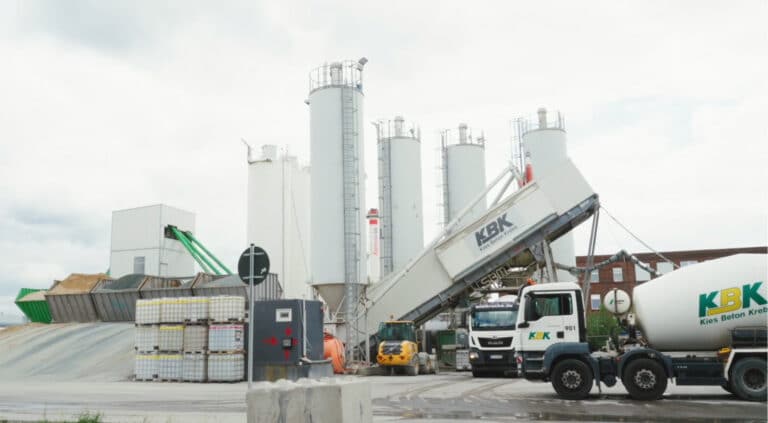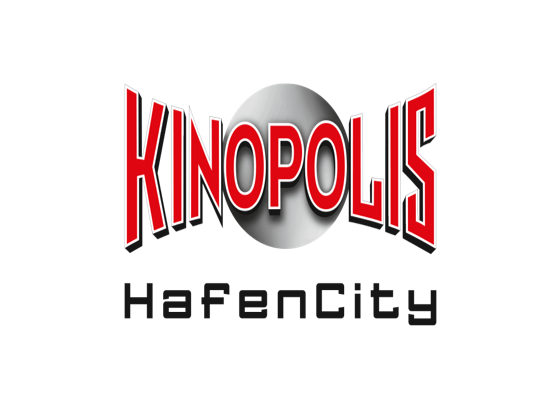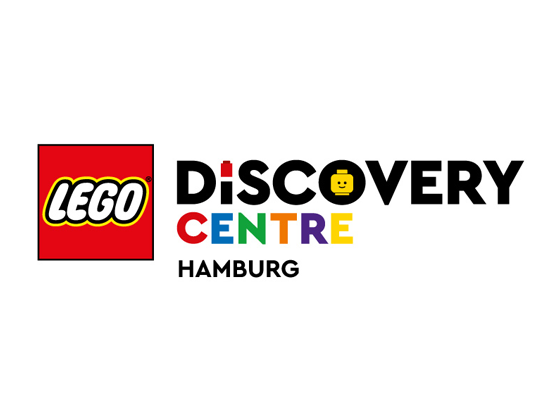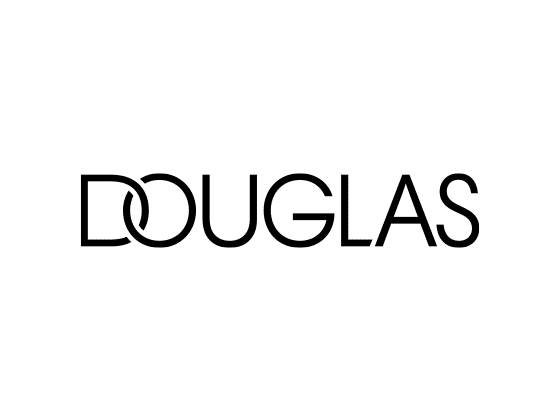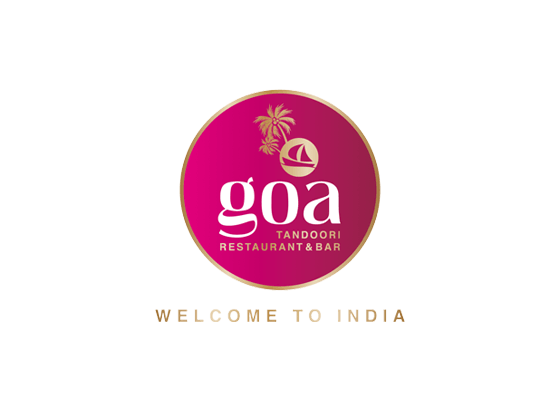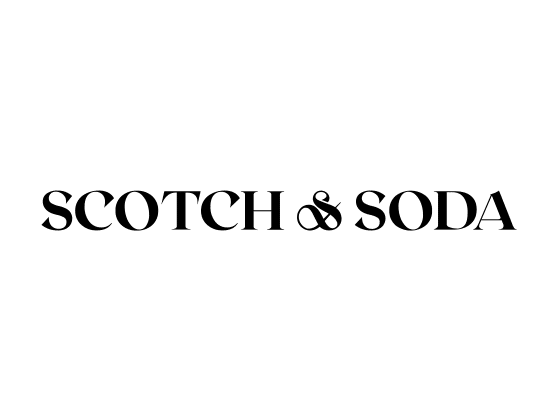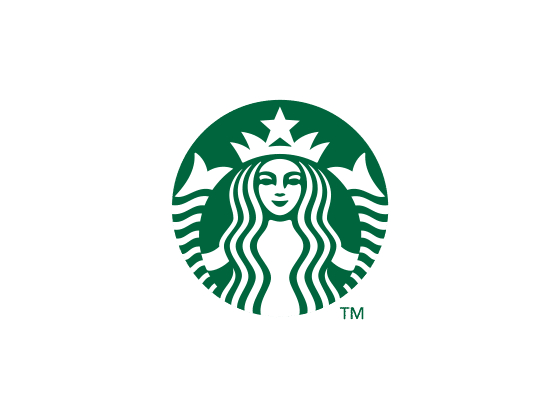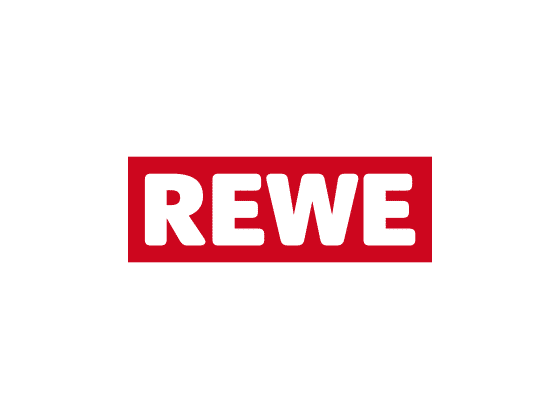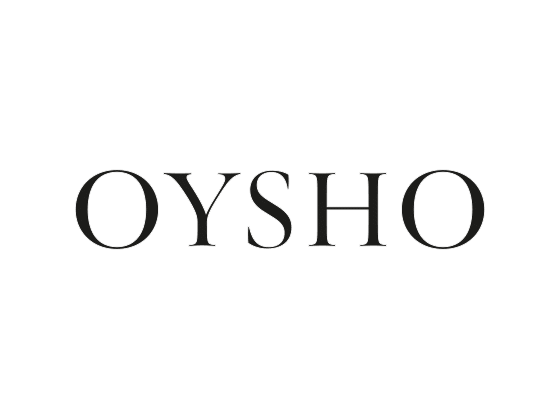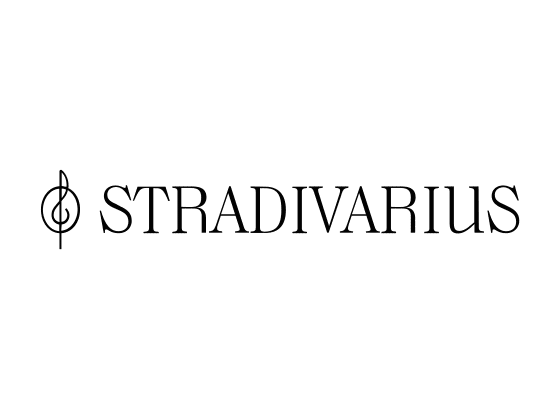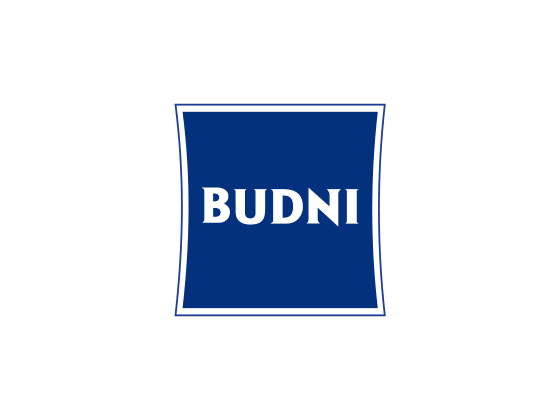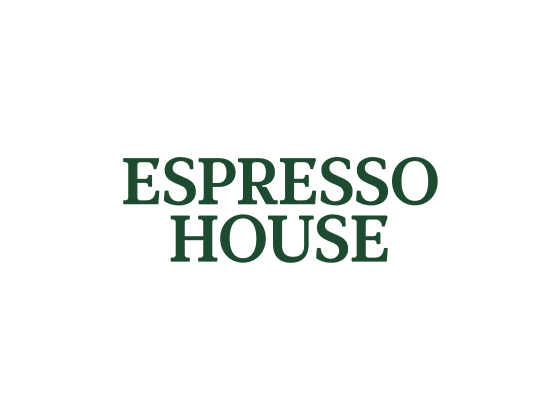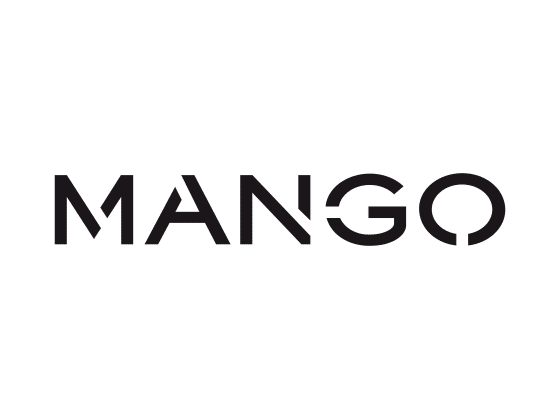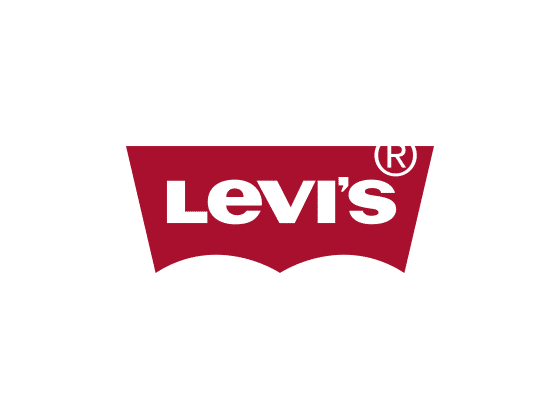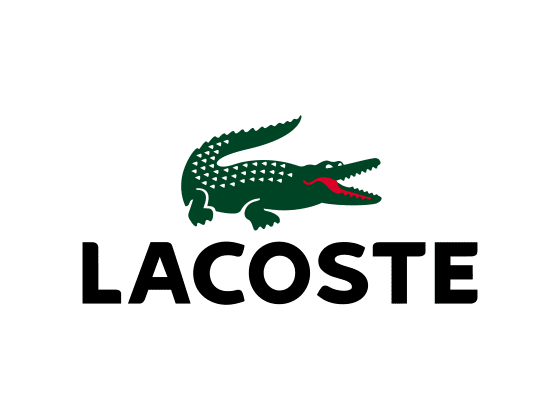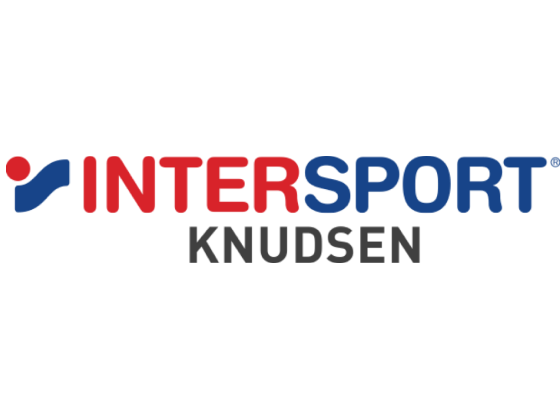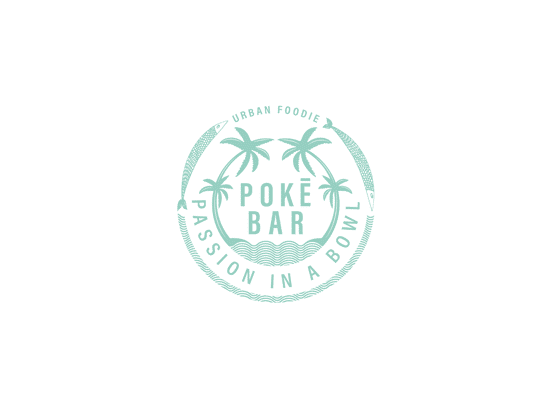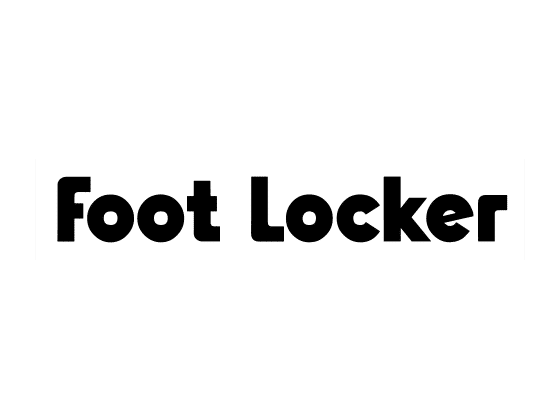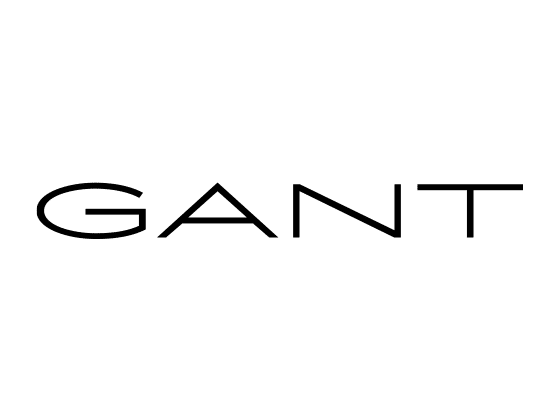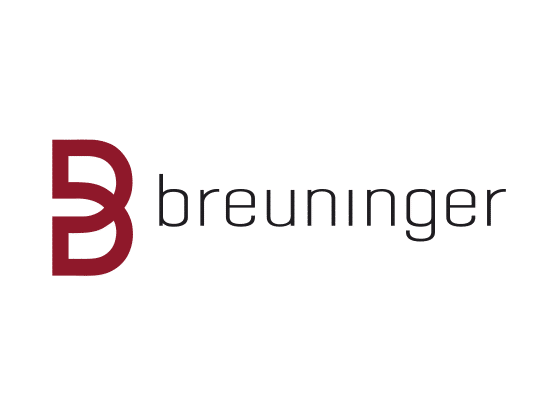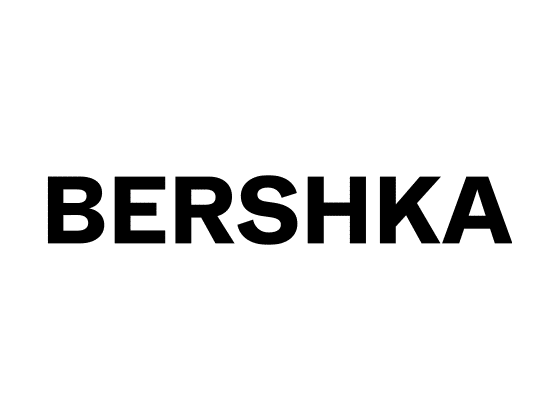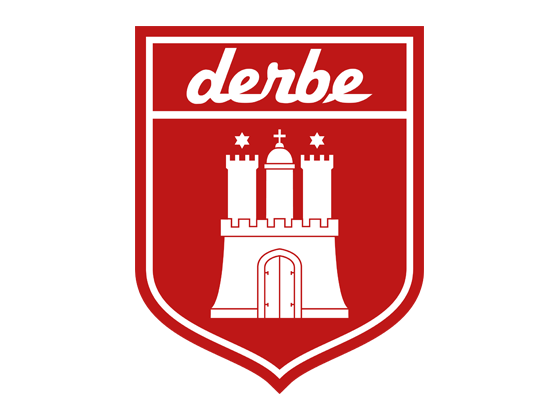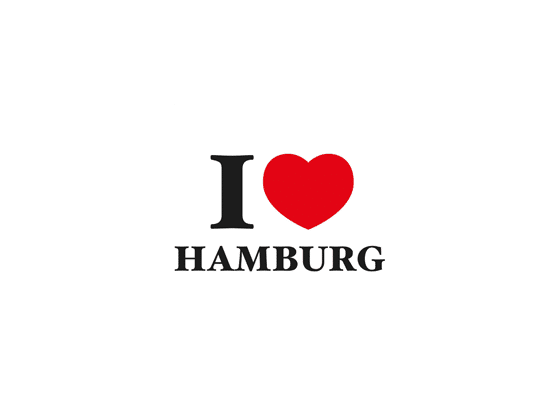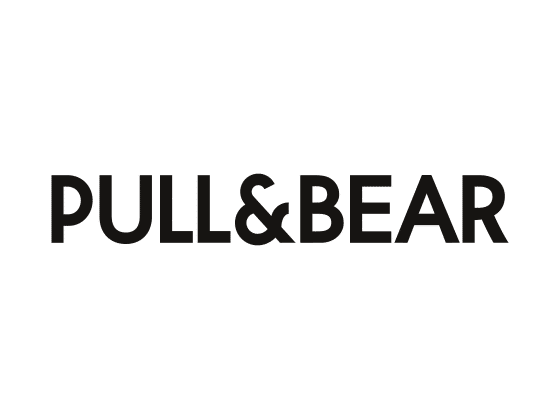The mobile mixing plant for ready-mixed concrete specially built for Westfield Hamburg-Überseequartier has now been awarded a silver certificate by the Concrete Sustainability Council (CSC) for sustainable management in the concrete industry. This is the first certificate ever to be awarded to a plant of this kind. For Unibail-Rodamco-Westfield (URW), the project developer, investor and later operator of the new urban quarter in Hamburg’s HafenCity, the award represents another important building block in achieving the company’s sustainability goals. For the construction of the new quarter with 579 flats, three hotels with 830 rooms, office buildings for 4,000 workplaces, 200 areas for shops, restaurants, cultural and entertainment facilities as well as a cruise terminal, 280,000 cubic metres of concrete will be used. Given this amount, URW is very keen to keep CO2 emissions as low as possible.
According to the guidelines of the Concrete Sustainability Council, it was necessary to prove the sustainability of the manufacturing processes and supply chains for certification. Alexander Pickert, project and test centre head at KBK Kies Beton Krebs GmbH & Co. KG, explains the process: “For this certification, 108 criteria must be fulfilled in the areas of management, environment, social affairs, economy and product chain, including, in addition to the basic requirements such as compliance with applicable laws and human rights, proof of environmental and social compatibility and, for example, a transparent material origin.”
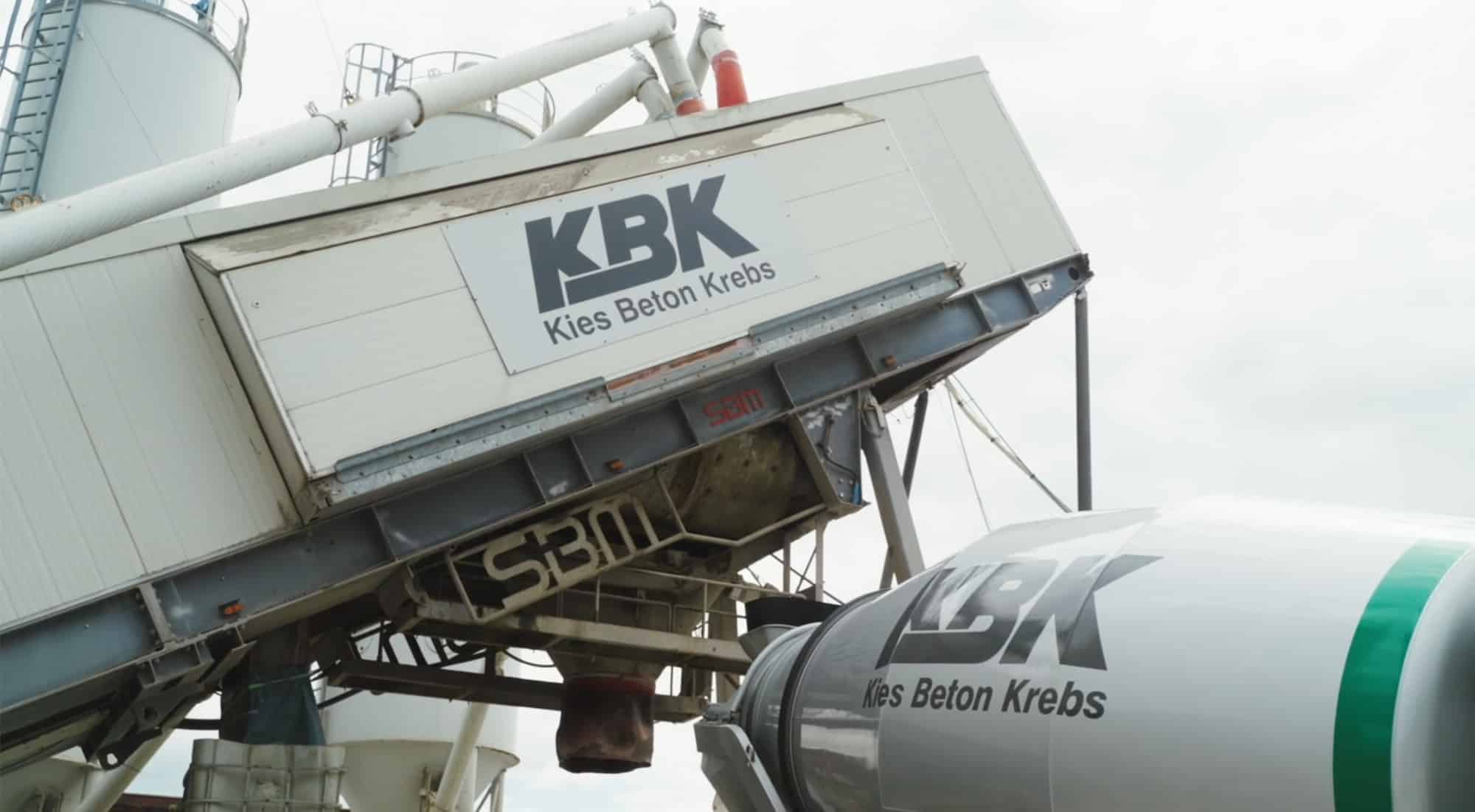
Thomas Kleist, Senior Construction and Sustainability Manager at Unibail-Rodamco-Westfield, says: “With the concrete plant in the immediate vicinity, we also avoid a great deal of driving through Hamburg city centre and save additional CO2” More than 300,000 km of truck journeys are thus avoided. This corresponds to about 300 tonnes of CO2. By comparison, a return flight from Munich to New York produces direct CO2 emissions of 2.5 tonnes for one person. [1]
Sustainable building starts at the planning stage,” Kleist continues. “For example, we build hollow elements into ceilings in order to save material and thus CO2.” In addition, the use of so-called CEM III/B cement in concrete production saves 50 per cent CO2 compared to conventional concrete. CEM III/B consists largely of blast furnace slag, a by-product of pig iron production in the blast furnace. The company is more than willing to accept the disadvantages compared to conventional concrete, such as longer stripping times, for the sake of the climate.
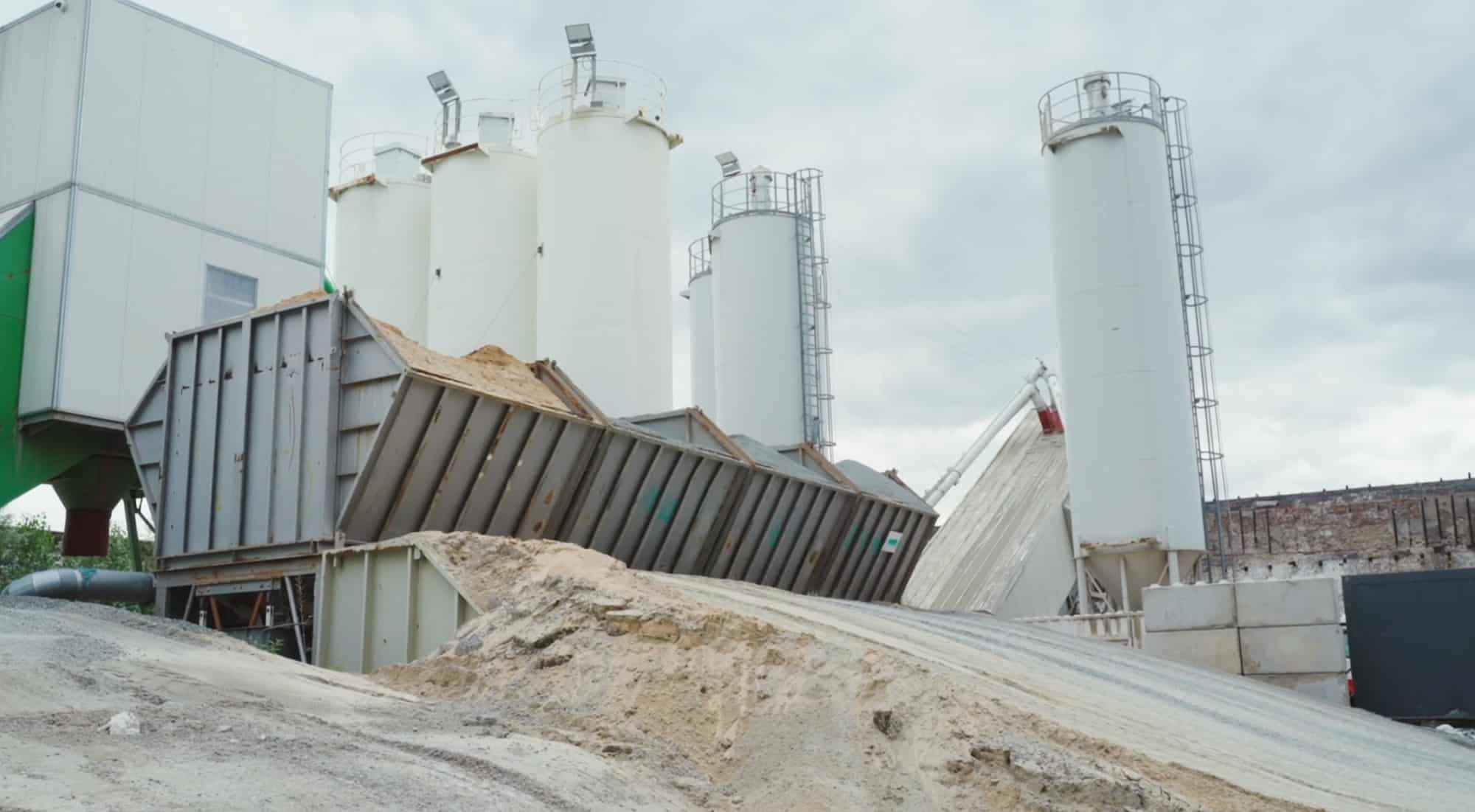
Sustainability as an integral part of the business philosophy
Dirk Hünerbein, Director of Development Austria & Germany explains: “Especially through our sustainability strategy ‘Better Places’, the topic has become a matter of course at Unibail-Rodamco-Westfield. It is an integral part of our business approach and drives action in construction projects, in the operation of our destinations and within our corporate culture. As a matter of principle, we always think in terms of environmental as well as social responsibility.”
On 10 June 2021, Westfield Hamburg-Überseequartier became the first major project to be awarded the DGNB pre-certificate for sustainable building sites.
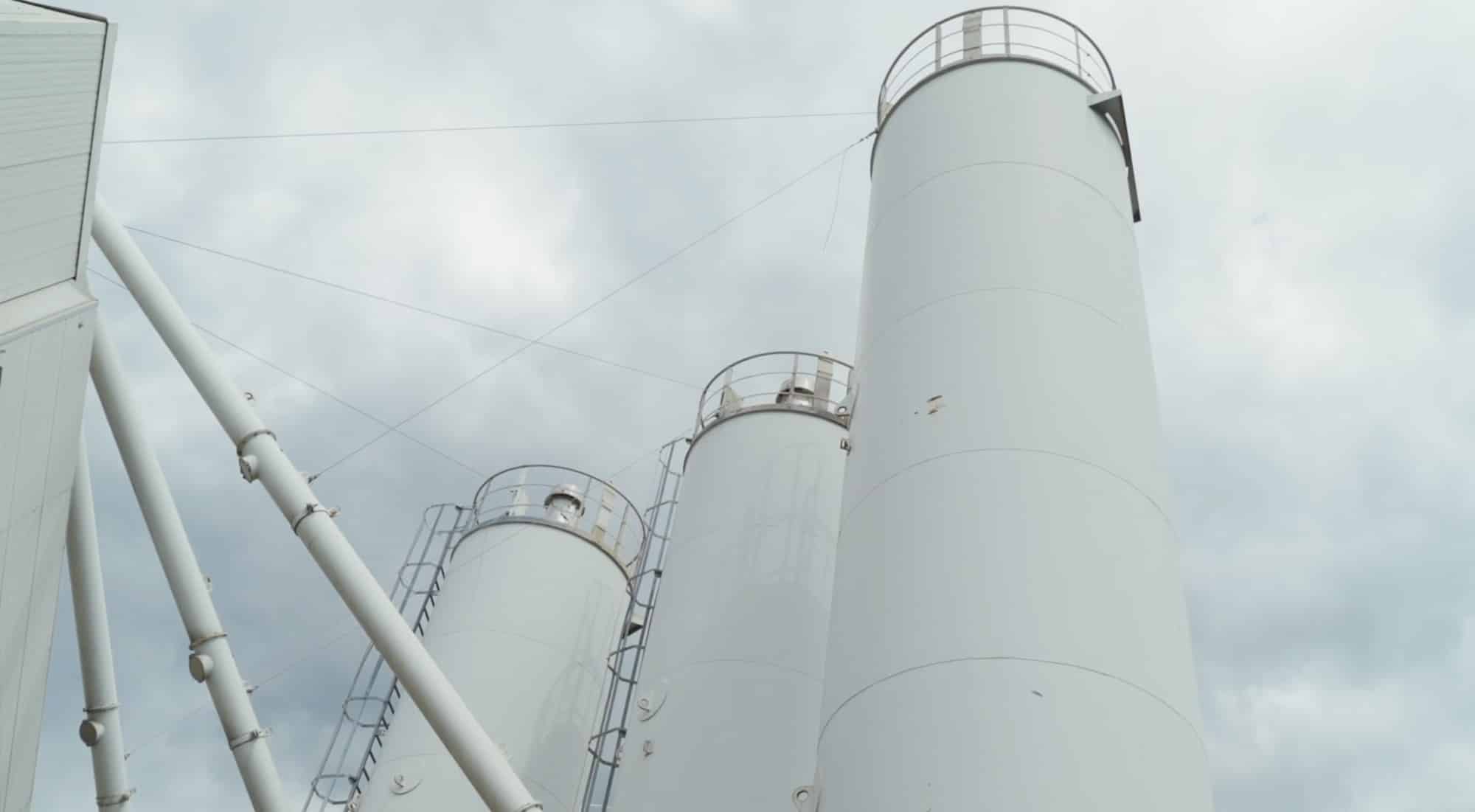
Westfield Hamburg-Überseequartier: Modern urbanity for Hamburg
In Westfield Hamburg-Überseequartier in Hamburg’s HafenCity district, a total of 14 buildings are under construction for a new vibrant destination with outstanding architecture and a unique mix of uses. Retail, entertainment concepts and more than 40 gastronomy units are closely coordinated with a total of 579 apartments, offices for 4,000 workplaces, three hotels and a cruise ship terminal. The quarter is optimally integrated into the local infrastructure with its own metro station, bus lines and various mobility services. The mixed-use project comprises a total area of 419,000 square metres and will be executed by Unibail-Rodamco-Westfield with an investment of over one billion euros.
